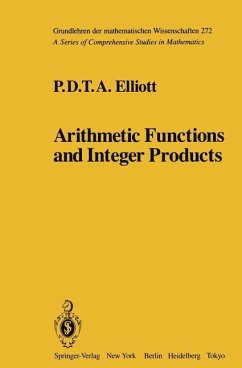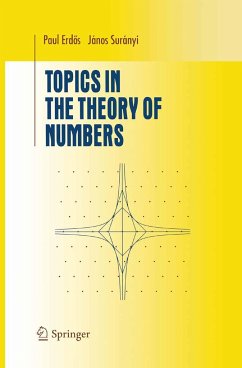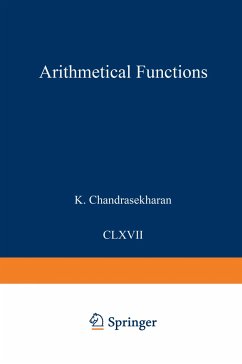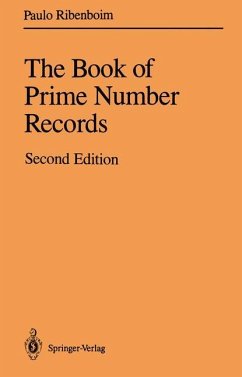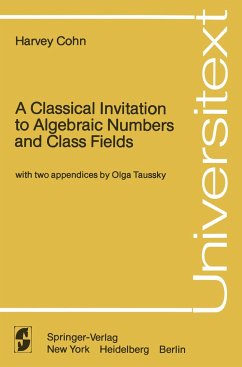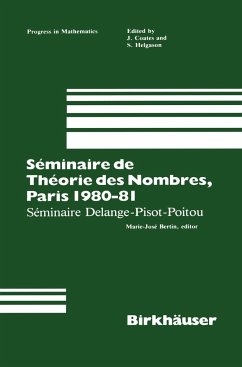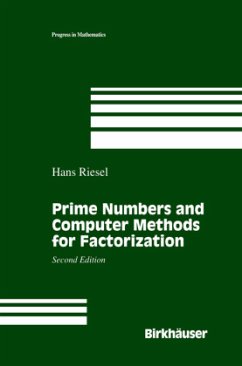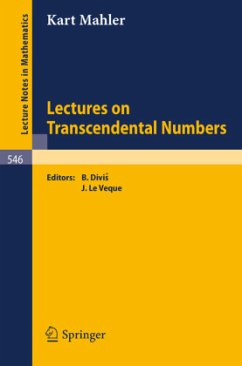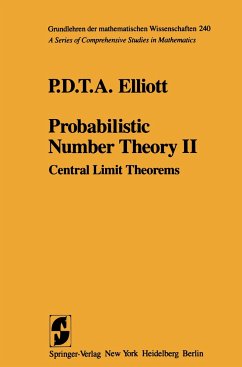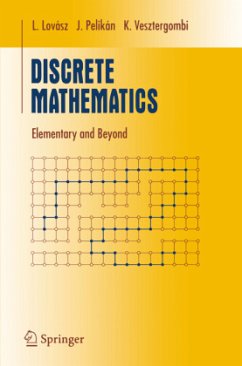
Arithmetic Functions and Integer Products
Every positive integer m has a product representation of the form where v, k and the ni are positive integers, and each Ei = ± I. A value can be given for v which is uniform in the m. A representation can be computed so that no ni exceeds a certain fixed power of 2m, and the number k of terms needed does not exceed a fixed power of log 2m. Consider next the collection of finite probability spaces whose associated measures assume only rational values. Let hex) be a real-valued function which measures the information in an event, depending only upon the probability x with which that event occurs. Assuming hex) to be non negative, and to satisfy certain standard properties, it must have the form -A(x log x + (I - x) 10g(I -x». Except for a renormalization this is the well-known function of Shannon. What do these results have in common? They both apply the theory of arithmetic functions. The two widest classes of arithmetic functions are the real-valued additive and the complex-valued multiplicative functions. Beginning in the thirties of this century, the work of Erdos, Kac, Kubilius, Turan and others gave a discipline to the study of the general value distribution of arithmetic func tions by the introduction of ideas, methods and results from the theory of Probability. I gave an account of the resulting extensive and still developing branch of Number Theory in volumes 239/240 of this series, under the title Probabilistic Number Theory.






